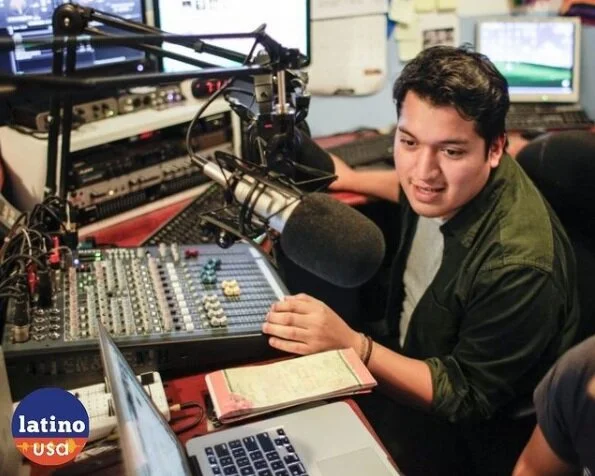
Kichwa Hatari is a collective of Kichwa artists, activists, communicators and educators residing in Turtle Island. As the word “Hatari” suggests, Kichwa Hatari actively works to “lift” or strengthen, Kichwa a a language, a culture, and a sense of identity through our work with local and diasporic communities engaging in independent media, education, organizing, and technical assistance.
Frente al actual abuso y atropella hacia nuestros derechos como comunidad migrante y como nación Kichwa en EE.UU., nos solidarizamos firmemente con nuestros pueblos en defensa de nuestro buen vivir, derecho a vivir con dignidad y sin miedo. Como Kichwa Hatari, nos paramos firmemente con nuestra comunidad y renovamos nuestro compromiso a seguir luchando y difundiendo información relevante por y para nuestra comunidad mientras atravesamos estos tiempos de inseguridad. Hemos creado una pagina de recursos y en las proximas semanas estaremos brindando capacitaciones en Español y Kichwa.
Since 2014, Kichwa Hatari has extended its reach into community beyond radio and, as a collective, engaged in diverse processes of putting our culture in motion. This mission includes creating spaces where we are able to center Kichwa as a language, an identity, and a way of being/existing with our migratory and diasporic realities.
Some of these spaces include: audiovisual spaces (KH Ñawi), educational spaces (KH Yachay), spaces for activism and organizing (KH Rikchari) and spaces for community support (KH Yanapay).
Through these four principle areas of work we are reclaiming the knowledge, resilience, and joy left by our ancestors and bridging it into the next generation.
Hoy, 14 de noviembre del 2025 a puertas de una consulta popular y referéndum para una nueva constituyente, nos restan muchísimas dudas, inseguridades, resentimientos, confusiones, irregularidades, preguntas sin respuestas reales del por qué nuevamente estamos frente a las urnas, cual es el destino que las elites con poder económico y político les incomoda y quieren utilizarnos para justificar sus cambios.
Create self-expressive art with Adina Farinango of the Kichwa Otavalo people. Join us for a hands-on session as part of the Protect Our Planet Series with Tomás Karmelo Amaya and Shalene Joseph. You’ll combine meaningful phrases, iconic NYC imagery, and elements from the natural world using Procreate, iPad, and Apple Pencil. Devices will be provided. Sign language supported.
For sessions with amplified sound, hearing loop technology is available on request.
767 Fifth Avenue
New York, NY 10153


















![[Reflexión] El Virus No Discrimina, El Estado Sí](https://images.squarespace-cdn.com/content/v1/5fdecd76ddae52106f1cf26d/1608438248130-FT8LXX2OHMFP8Q1EOKFC/image-asset.jpeg)





